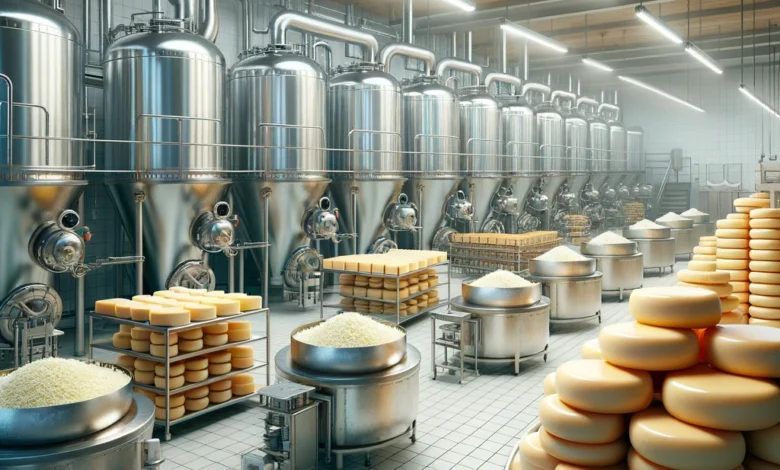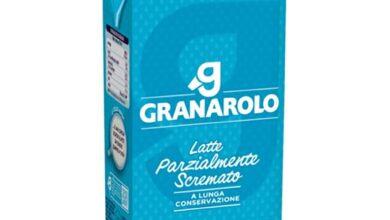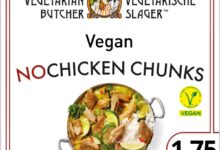
The Dutch cheese industry, renowned for its rich history and iconic varieties, continues to thrive in 2024. With a blend of traditional craftsmanship and modern innovation, the industry is adapting to global trends and challenges. This article explores the current state of the Dutch cheese market, focusing on production, export, sustainability, emerging trends, and key players.
Production and Innovation
The Netherlands remains one of the world’s leading cheese producers, with over 650,000 tons of cheese produced annually. Gouda, Edam, and Leyden are among the most popular varieties, but there is also a growing interest in artisanal and specialty cheeses. Producers are investing in advanced technologies to enhance production efficiency and quality control, ensuring consistent high standards.
Innovation is key to maintaining the industry’s competitive edge. Dutch cheesemakers are experimenting with new flavors, organic options, and plant-based alternatives to cater to diverse consumer preferences. The integration of automation and data analytics in production processes is also helping to optimize operations and reduce waste.
Export Market
Dutch cheese exports continue to be a significant contributor to the national economy. The European Union remains the largest market, followed by the United States and Asia. In 2024, there is a notable increase in demand from emerging markets in Asia, driven by growing middle-class populations and an increasing appetite for Western dairy products.
To capitalize on these opportunities, Dutch exporters are focusing on building strong relationships with international distributors and participating in global food exhibitions. Quality certifications and adherence to international standards are crucial in maintaining the trust of foreign buyers.
Sustainability Efforts
Sustainability is a major focus for the Dutch cheese industry in 2024. Producers are adopting eco-friendly practices across the supply chain, from sourcing raw materials to packaging and distribution. Many farms are implementing regenerative agricultural practices, such as crop rotation and reduced chemical use, to enhance soil health and biodiversity.
Energy efficiency is another priority. Cheesemakers are investing in renewable energy sources like solar and wind power to reduce their carbon footprint. Innovative packaging solutions, including biodegradable and recyclable materials, are also being developed to minimize environmental impact.
Emerging Trends
Several trends are shaping the Dutch cheese industry in 2024:
- Health and Wellness: Consumers are increasingly seeking healthier cheese options, including low-fat, low-sodium, and lactose-free varieties. Functional cheeses enriched with probiotics and vitamins are gaining popularity.
- Artisanal and Specialty Cheeses: There is a growing appreciation for handcrafted, small-batch cheeses with unique flavors and textures. Local and regional varieties are being celebrated for their distinct characteristics.
- Plant-Based Alternatives: As part of the broader plant-based movement, Dutch producers are exploring cheese alternatives made from nuts, seeds, and legumes. These products cater to vegan consumers and those with dietary restrictions.
- Digital Transformation: E-commerce and digital marketing are becoming essential tools for reaching consumers. Online platforms provide opportunities for direct-to-consumer sales, virtual cheese tastings, and storytelling about the heritage and craftsmanship behind Dutch cheeses.
Key Players in the Dutch Cheese Industry
The Dutch cheese industry is dominated by several key players, each contributing significantly to its success and global reputation. Here are five major brands:
- FrieslandCampina: As one of the largest dairy cooperatives in the world, FrieslandCampina produces a wide range of cheeses under brands like Frico, Milner, and Noord-Holland. The company emphasizes sustainability and innovation, with a strong presence in international markets.
- Royal A-ware: This family-owned business specializes in the production, aging, and packaging of cheese. Royal A-ware collaborates closely with dairy farmers to ensure high-quality milk and is known for its diverse cheese portfolio catering to various consumer tastes.
- CONO Kaasmakers: Known for producing the premium Beemster cheese, CONO Kaasmakers focuses on traditional cheese-making methods combined with modern sustainability practices. The cooperative is committed to animal welfare and environmental stewardship.
- De Graafstroom: A significant player in the Dutch cheese market, De Graafstroom is known for its Gouda and Edam cheeses. The company prides itself on maintaining artisanal cheese-making traditions while adopting eco-friendly practices throughout its operations.
- Henri Willig: With a reputation for high-quality specialty cheeses, Henri Willig offers a variety of flavors and styles, including organic and goat cheeses. The company’s cheeses are widely recognized for their unique taste and excellent craftsmanship.
Conclusion
The Dutch cheese industry in 2024 is a dynamic sector balancing tradition and innovation. By embracing sustainability, exploring new markets, and responding to consumer trends, Dutch cheesemakers are well-positioned to maintain their global leadership. For food and beverage professionals, understanding these developments and the key players driving the industry is crucial for staying competitive and meeting the evolving demands of the market.










